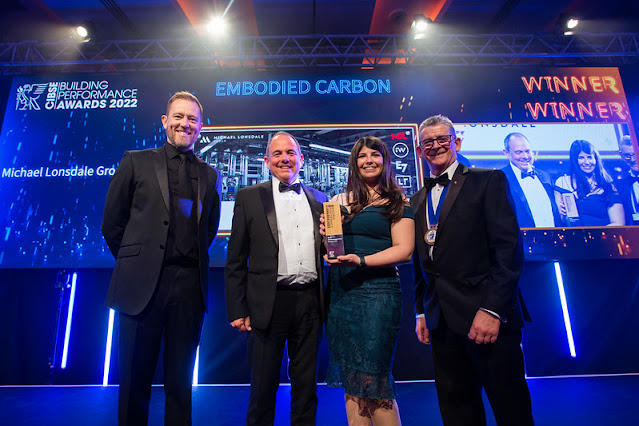A Career as a Project Engineer in Solar Photovoltaics
As part of our Career in Building Services series, today we meet Jerin Jacob, from CIBSE Young Engineer's Network UAE, who works in Solar Photovoltaic (PV) engineering. If you have any questions about this career path, you can contact us at yenuae@cibse.org or yepg@cibse.org.
Jerin Jacob obtained his Master’s degree in Energy at Heriot-Watt University, Dubai in 2019.
He has since been working as a Project Engineer in the Solar PV sector in Dubai. Jerin has also been volunteering with the UAE region of the CIBSE Young Engineers Network (YEN) in multiple capacities since 2017 and currently holds the role of Honorable Secretary within the YEN committee.
What do Engineers in the Solar Photovoltaics field do?
The Photovoltaic Effect is the phenomenon under which sunlight is converted into electrical energy. Engineers in the commercial photovoltaic (PV) sector collaborate with MEP design specialists and operations/facility managers to develop the optimal strategy for minimising grid-sourced energy consumption for the target building. A set of parameters will be taken into account (in no specific order): available space, operational requirements, construction/O&M period safety, timeline constraints, energy consumption behaviour, long term strategic goals, system reliability, and of course, economic feasibility – while conforming to international best practices and regional authority regulations at the same time.
Tell us a typical challenge of your work.
A major portion of the field revolves around stakeholder management and interdisciplinary knowledge. This is at the heart of my role in PV projects, where the goal is that of being able to ensure expected project outcomes are met while working in harmony with contractors and end-users through design, construction, and operation phases. Engineers like me work towards this objective by providing key inputs and feedback at project development, documentation review, and performance management stages. As PV is a relatively young field and is evolving very quickly, being updated on wider technical developments and industry trends is mandatory to ensure that best practices are always being followed thought the life of a project.
Why did you choose this role?
Renewable energy is the future from both a sustainability and economic perspective. It is also a field that is rampant with innovation at the same time! It was an easy decision to specialise in PV as the Middle East is abundant in terms of access to solar energy.
What qualifications could be suitable for this industry?
Professionals in this sector tend to come from a wide range of perspectives – electrical, structural, civil, mechanical, environmental, architectural, sustainability and economic backgrounds are just a few of the many fields from which one can pivot into the PV industry.
What advice would you give for those interested in this industry?
Data management and analysis skills are always in high demand in this sector. This will come in handy in relation to nearly every project.
CIBSE Membership is free for full-time students and heavily discounted for those in part-time education
Join Now
- Unlimited downloads of guides, research papers and publications from the Knowledge Portal
- A monthly digital subscription to the CIBSE Journal
- Access to on-demand learning content including webinars, video presentations and live events.
- Be supported in your early career by the CIBSE Young Engineers Network (YEN)



.png)


Comments
Post a Comment